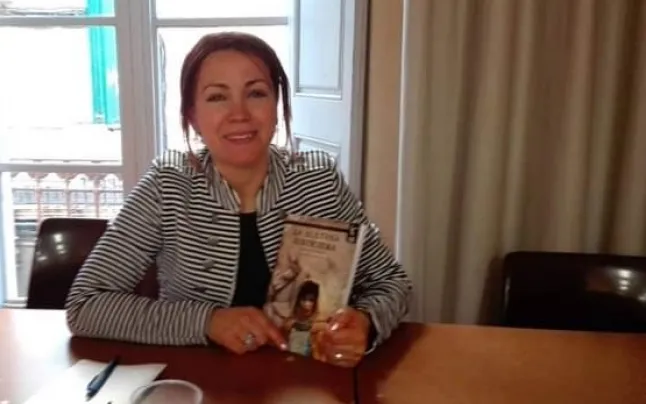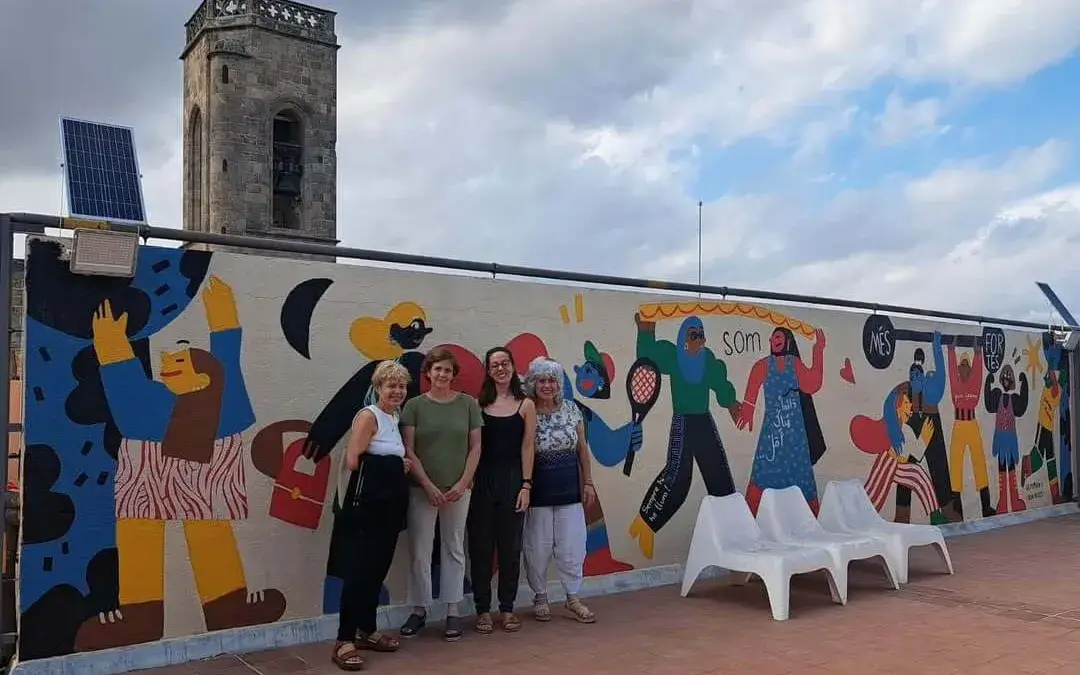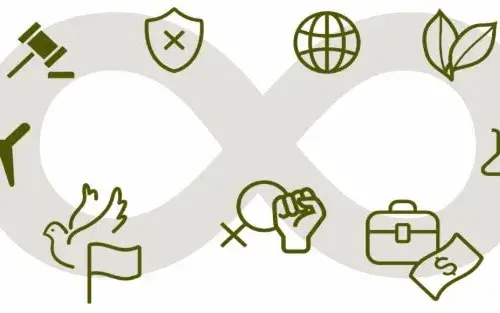Jamila Al Hassani: "The feminist struggle must go hand-in-hand with the fight against racism"
The Moroccan writer, who lives in Catalonia, tells us about racism, xenophobia and prejudice, and how this is related to feminism.
Do you participate in, or are you a member of any social movement, organisation or association?
Some years ago I used to work as an instructor at a youth centre. Right now I am a storyteller at a Catalan state school, telling stories in Catalan and Arabic. I also participate in the activities of the Darna association in Barcelona, which helps unaccompanied minors. And soon I will join the Unitat Contra el Feixisme i el Racisme (United against Fascism and Racism).
What kind of problems do young racialised women face?
The problems Moroccan women encounter are many, but especially when it comes to finding a job. If women decide to wear a hijab, no matter how qualified you are, some companies are discriminatory just because of the clothes you wear, and don’t even consider your CV.
Should the feminist struggle be linked to the fight against racism?
Totally. The feminist struggle must go hand-in-hand with the fight against racism, because in a society where autochthonous women are discriminated because they are a woman, when a women dresses differently, has darker skin or has a different religion, they will face more discrimination because they are a woman and because they are different.
Do white feminisms discriminate against racialised feminisms?
We do see discrimination in some feminisms. There is a lack of empathy and solidarity among women all over the world. White women follow the thread of colonialism; they think only they will save the rest of women. They continue to see Arab, Muslim, Black, Gipsy women and others as submissive women who can’t speak for themselves.
Arab, Amazigh, Muslim, black women and others don’t need anyone to talk of their behalf. Neither male chauvinism nor saviour women. Feminism means to respect the freedom of each and every woman, regardless of the colour of their skin, their religion, political ideas and the way they dress; and white feminism is forgetting this. They value a woman’s freedom to show her body, but they consider women who decide not to as submissive.
What tools would you recommend to fight against racist stereotypes?
First, we need to grow strong. We need to be sure and trust that we can defend our rights and stop being treated as second-class citizens. This is our home and we have no other. Secondly, we need to raise awareness, at schools, in the administration, and ban all xenophobic messages from the media. And the hate messages spread by some political parties to generate hate among the population for a handful of votes should be punished.
You use fiction to denounce social injustice against women from around the world, right?
Exactly, I use fiction in my novels; in other words, I use reality dressed up as fiction, for readers to see the serious problems that women face around the world. This is what I’ve tried to do in my two novels: “The struggle of the Amazigh woman” and “The avenger Sultana”.







Add new comment